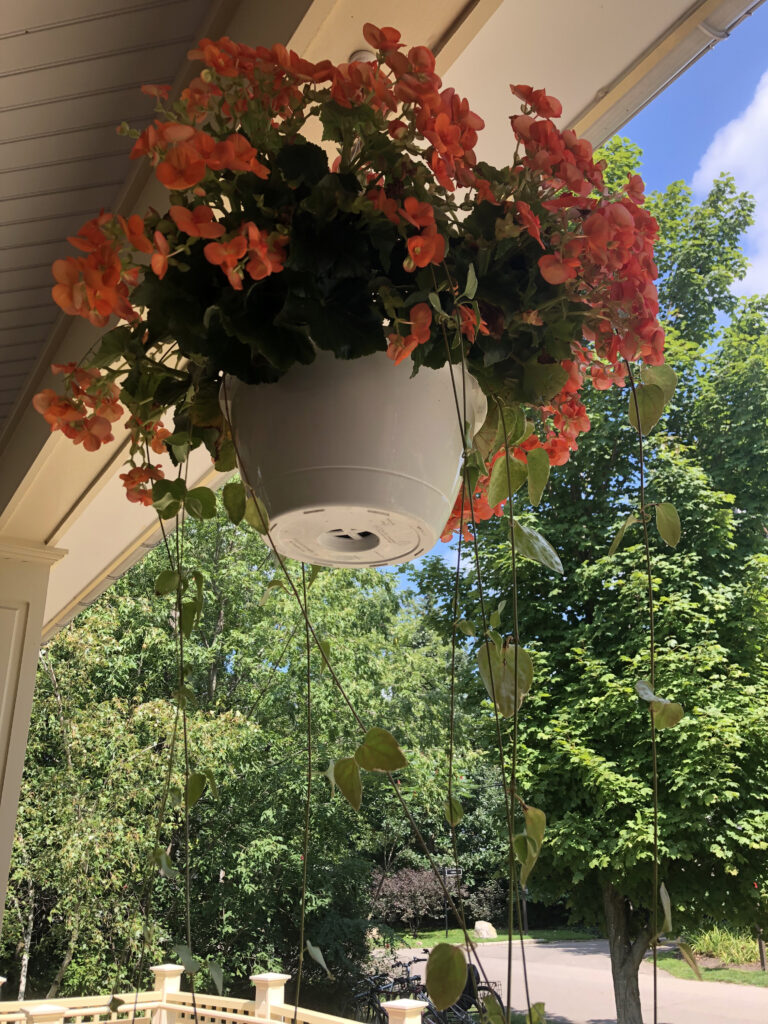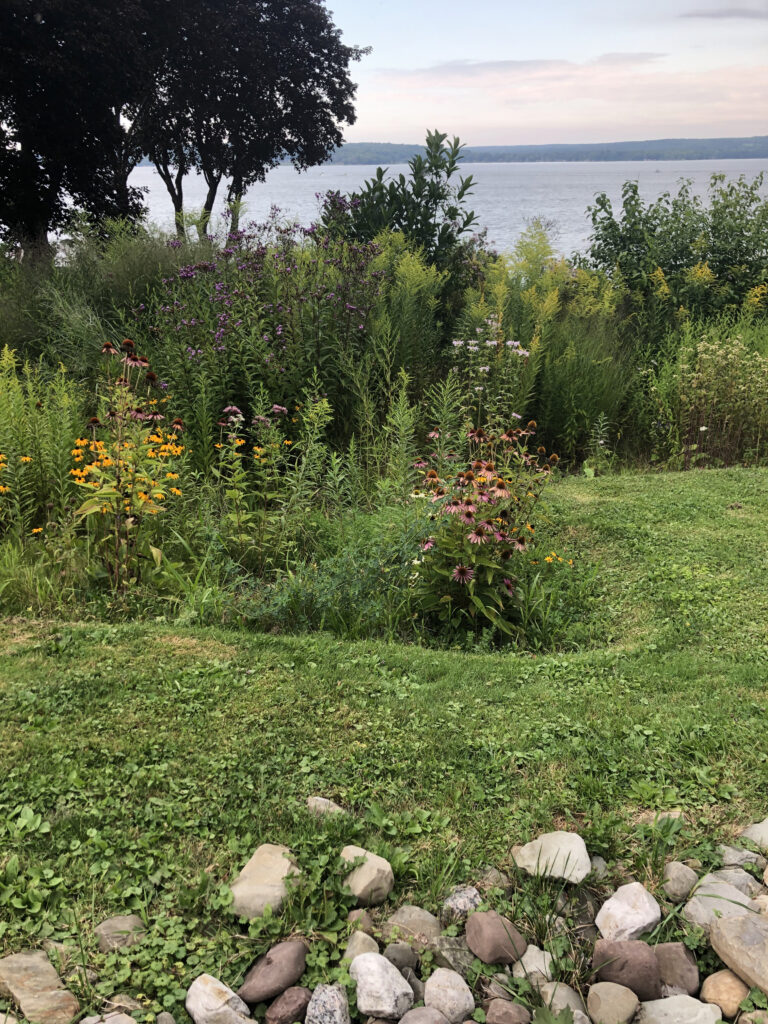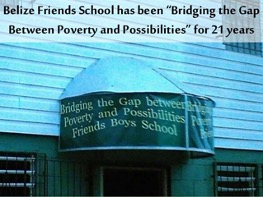Week Nine: All Together Now
from Emily Provance, Friend in Residence

Friday afternoon, a few people lingered after storytelling, and Kathy Slattery (our house manager) offered leftover Italian ices. We chose between orange and raspberry-lemon. Then we sat on the steps and savored the melting tang on our tongues, rough concrete beneath our bare feet, talking . . . Richard Rohr, The Hunger Games, lacrosse, dance therapy. Summer. The dying days of August, when everybody’s almost but not quite too hot.
These were the final, sweet, sticky moments of Quaker House’s first Chautauqua season.

It’s hard to think about resilience in times like that one, and resilience was the theme of our week. We heard from photojournalist Lynsey Addario, Rabbi Hazzan Jeffrey Myers, author Diana Butler Bass . . . compelling stories of people and groups enduring trauma and well-researched suggestions for how we, too, can persevere through stress and tragedies. But I couldn’t help puzzling over the gap between the lectures and the idyllic surroundings. And I found I had more questions than answers.

Is resilience a trait of the individual or a trait of a whole community? Is enduring difficulties alone a quality we want to study and embody? Or is there another model, in which we use what we have to strengthen everyone? In other words, are we following Daniel Boone, who deliberately moved away from population centers to “conquer the wilderness” on his own? Or are we emulating Jahmal Cole, whose nonprofit, My Block, My Hood, My City, encourages resilience in teenagers of color by “building a more interconnected Chicago”?

And what is the difference in resilience between those who experience unexpected trauma, or circumstantial hardships they cannot escape, and those who repeatedly choose to enter situations of violence or poverty or famine or epidemic in order to walk alongside the humans living and surviving there?
Does resilience imply stability? Or does resilience imply agility?
Or is it the case, as one man suggested at storytelling Friday afternoon, that “there’s no such thing as resilience; the word you’re looking for is a verb. Adapt.”
I don’t have clarity. I do know that in the cold of winter, when the days are short and the sun mostly hidden, I’ll lean on the memory of Italian ices and laughter with three strangers on the steps of Quaker House. And I’ll remember what Oscar Mmbali, pastor of Belize Friends Church, said as our speaker at this week’s Wednesday brown bag: “To share what you have is to keep hope alive.”

To share what you have is to keep hope alive. That, I think, is resilience—in every sense.
